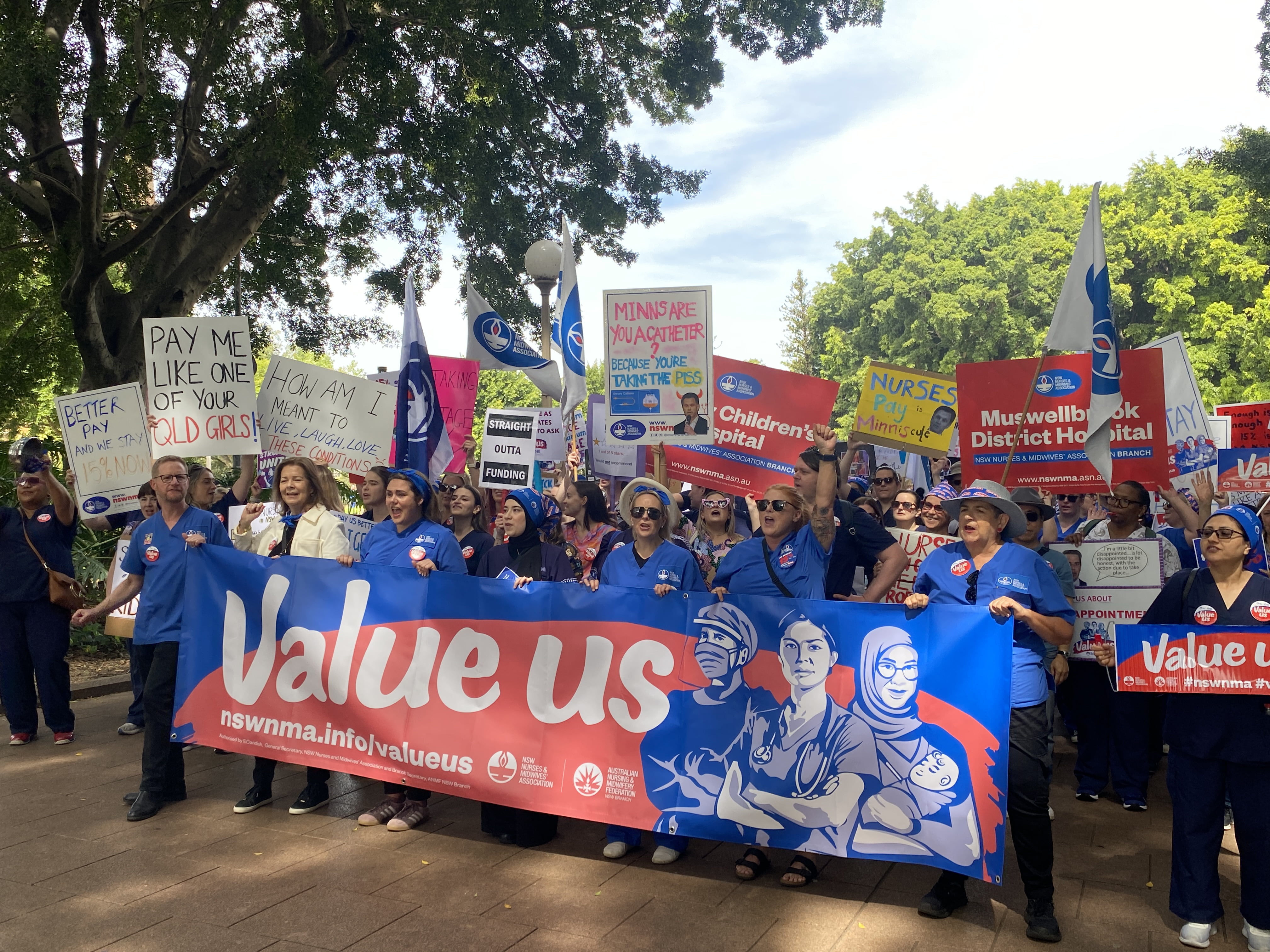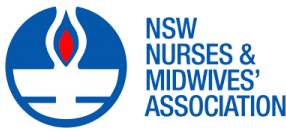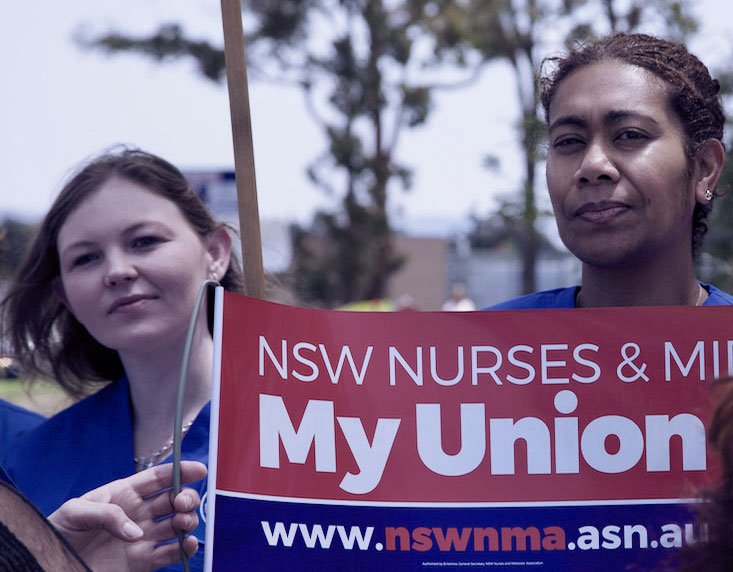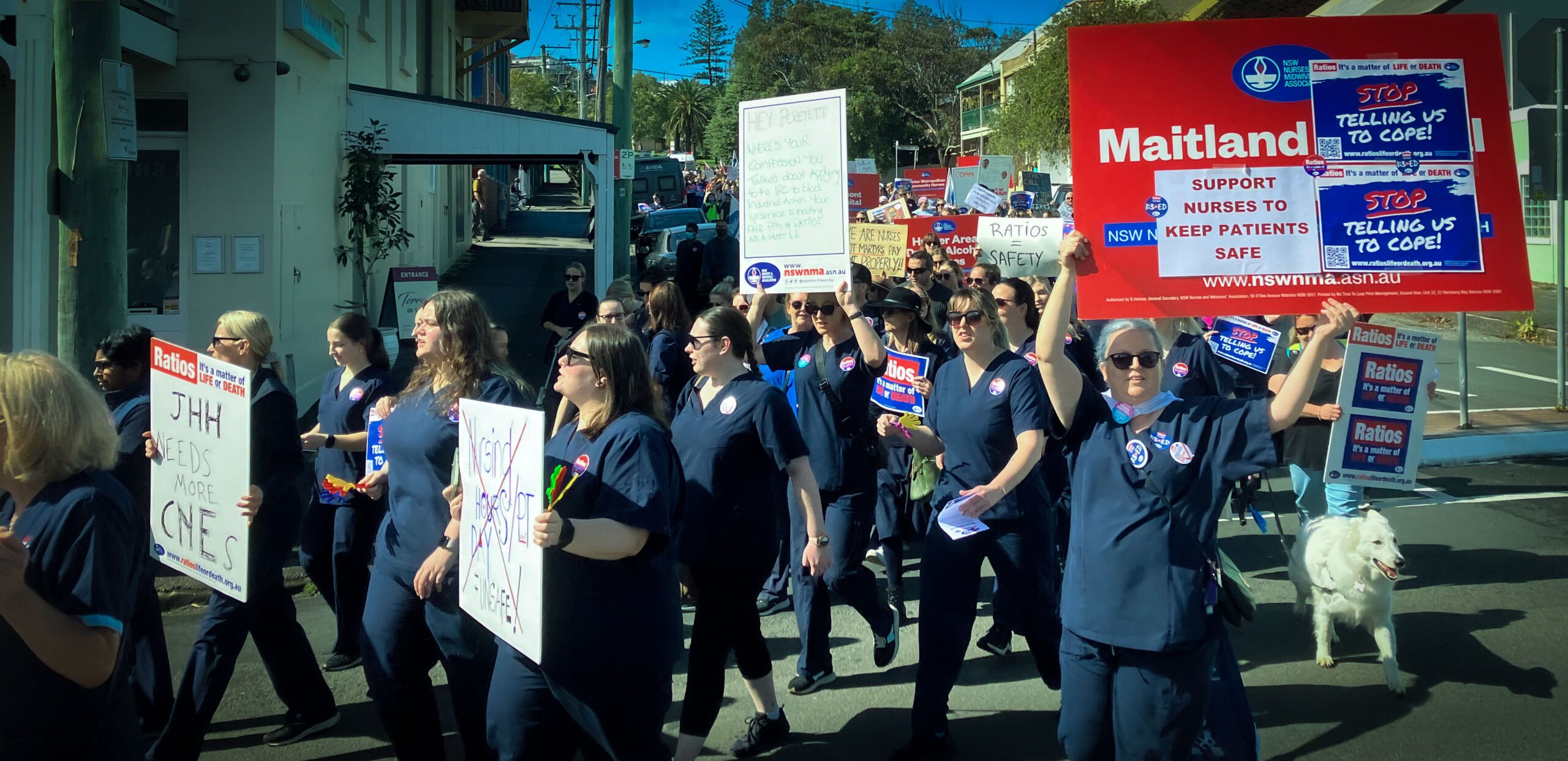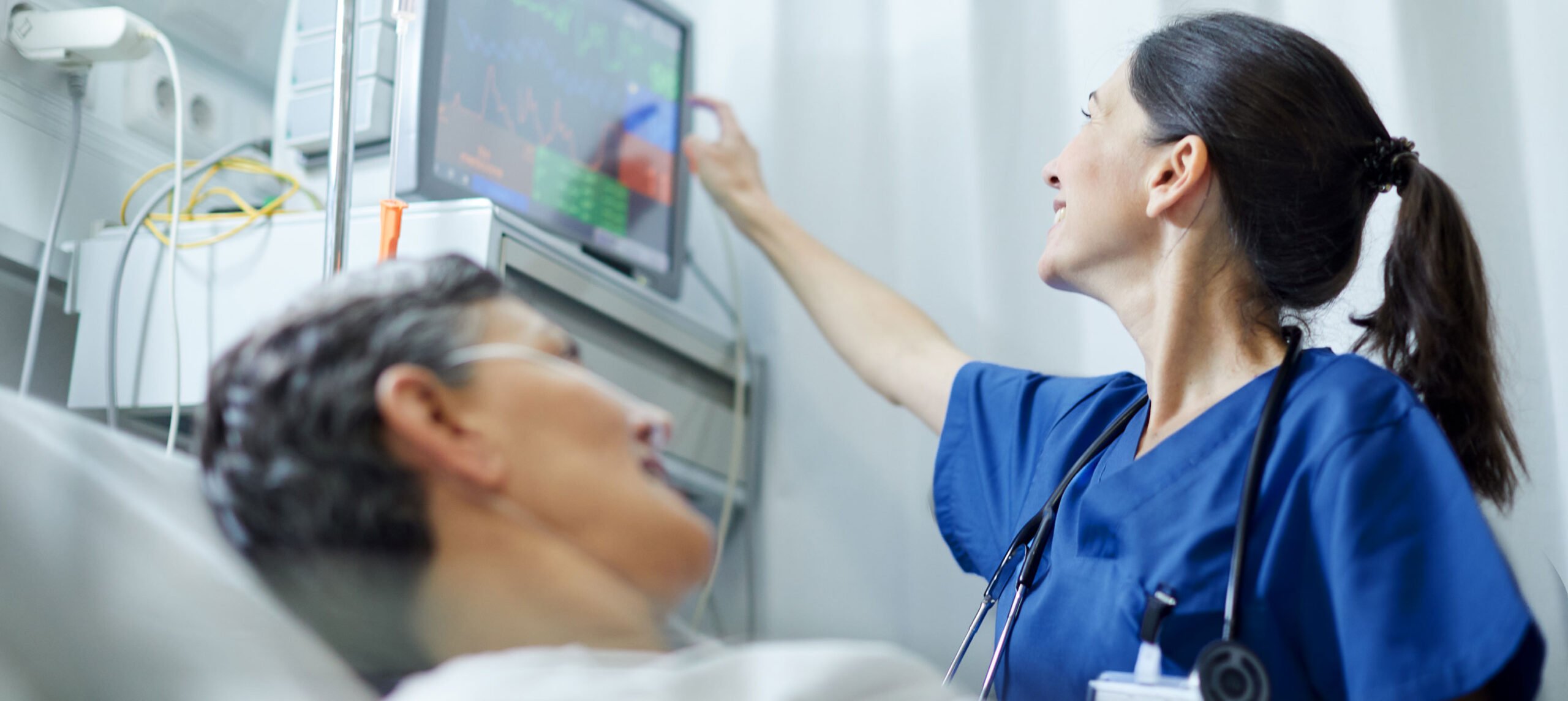A new poll has revealed the Minns government is at odds with New South Wales voters over its handling of the current pay and conditions dispute with nurses and midwives.
The state government has been at logger heads with the NSW Nurses and Midwives’ Association (NSWNMA) since May, unwilling to negotiate a deal beyond its original baseline public sector pay offer of 3% per cent over three years, excluding superannuation.
Polling and analysis of marginal electorates conducted by the RedBridge Group revealed voters had overwhelming support for the NSWNMA’s pay claim, with 70% of participants in support of a 15% pay increase, including 71% of Labor voters, 66% of Coalition voters and 90% of Greens voters.
Support increased (80% overall) when respondents learned nurses and midwives were leaving NSW due to the pay disparity with other states, including the 18% pay gap for early career nurses and midwives compared to their Queensland counterparts.
NSWNMA General Secretary, Shaye Candish, said the Minns government had failed to recognise the vital contribution nurses and midwives make to the state’s public health system and in their broader communities.
“Our members feel incredibly under-valued by the Minns Labor government and are devastated they are being forced to contemplate moving interstate for better pay and conditions, or leaving their chosen professions altogether,” said Ms Candish.
“The people of NSW expect their public health system to provide accessible and appropriate care to every patient who needs it, but voters have witnessed the demoralising working conditions for themselves, and they know the sacrifices nurses and midwives make to provide care.
“This report is further evidence of just how out of touch this government is with the electorate. By punishing nurses and midwives they are punishing the people of NSW and poorly managing our state’s health system.”
Director of Strategy and Analytics at RedBridge, Kos Samaras, said Labor was vulnerable on healthcare.
“Voters’ existing opinion of the NSW Labor government’s policies and performance in this area is lower than the government should be comfortable with, and this ongoing industrial dispute has the potential to pull this down further,” said Mr Samaras.
“Labor’s softest supporters do not rate it highly when it comes to healthcare. In fact, the Coalition is better rated by Labor voters on healthcare than Labor is scored by Coalition voters.”
Sixty-seven per cent of voters said the ongoing pay dispute with nurses and midwives decreased their confidence in the NSW government’s ability to manage healthcare, and 61 per cent said their view of the government was shaped by whether it increased the pay for nurses and midwives.
“Voters in these marginal seats say the current state of the NSW public health system is important to their vote at the 2025 federal election, and it matters most to those who are supportive of the pay demands of nurses and midwives,” added Mr Samaras.
NSWNMA Assistant General Secretary, Michael Whaites, confirmed the union’s pay and conditions dispute was headed towards arbitration after the Minns government applied to progress its inadequate pay offer in the NSW Industrial Relations Commission.
“This government cannot be allowed to ram through a three-year award that offers only 3% per annum. Underpaying nurses and midwives like this is simply not good enough and we intend to continue our fight,” said Mr Whaites.
